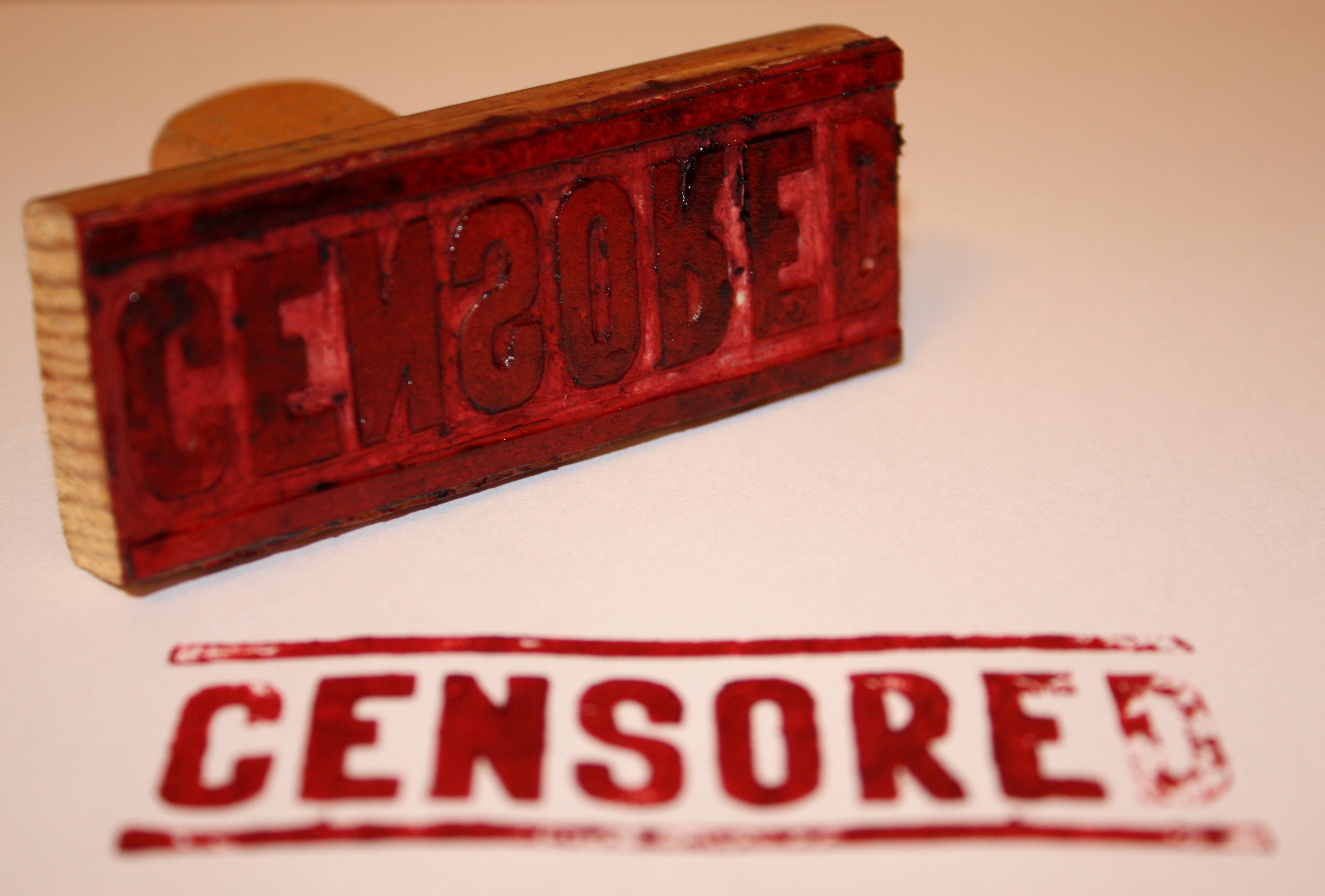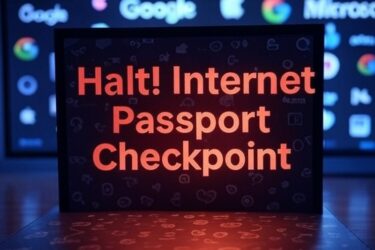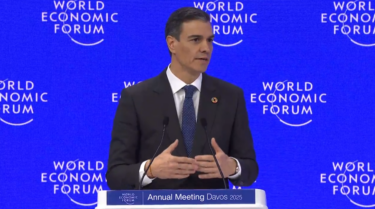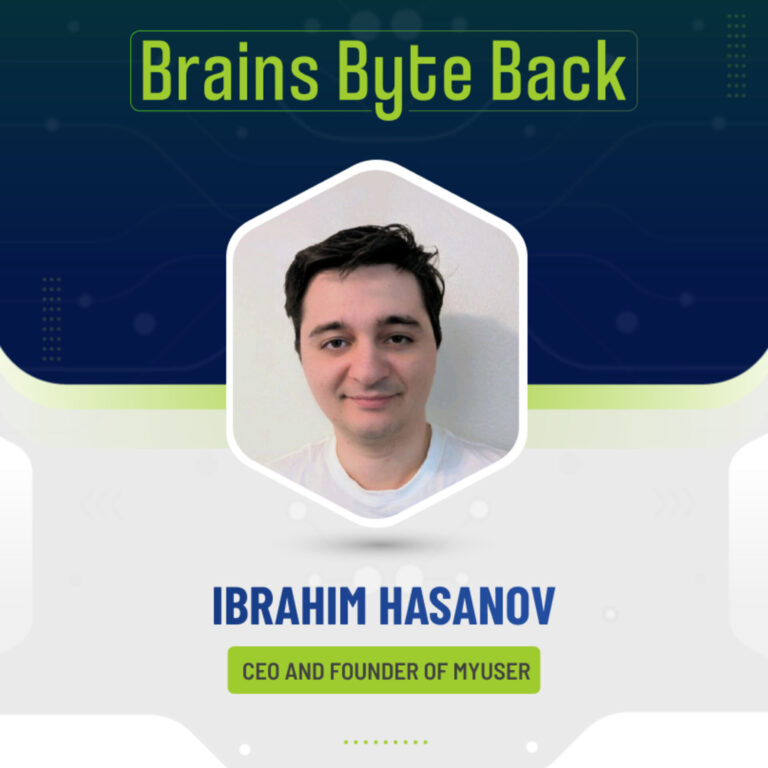During a recent United Nations summit in New York, Mark Zuckerburg was put in the hot seat when German Chancellor, Angela Merkel, directly called him out about Facebook’s inaction over anti-immigration comments.
Zuckerburg responded that his team “needed to do some work on the issue.”
Censorship on Facebook is nothing new, but the social media site’s stance on global issues has been unpredictable and at times confusing. In this article we will take a more in depth look into Facebook’s reaction about censorship of anti-immigration content, and then investigate FB’s stance on a number of controversial topical issues in the past.
Zuckerberg on the hotseat
Facebook is used by billions of people around the world as a means of keeping up to date with friends and family, posting photos, and sharing everything from instagrams of cute puppies and well-made cappuccinos, to personal opinions on trending issues.
However, while millions enjoy Facebook in a responsible and respectful manner, there will always be the minority who use social media as a means of sharing offensive content and harassing fellow users. Over the years, Facebook has initiated a number of functions which allow users to flag content which they deem offensive or inappropriate, but has also gone a step further, installing algorithms that censor content which could offend or insult users.
Since the beginning of this year, Europe has faced an unprecedented wave of asylum seekers fleeing war and persecution in Syria and other war-torn Middle-Eastern countries. While heartwarming acts of public welcome have taken place in Austria, Germany, and other central European countries, the flow of immigrants has also led to an ugly backlash of racist and xenophobic anti-refugee sentiments, often being shared publicly via leading social media sites.
As reported in the The Wall Street Journal, in the aftermath of Zuckerberg’s mic gaffe with German Chancellor Merkel, Facebook announced that it would work hand-in-hand with Germany’s Ministry of Justice, Internet service providers, and other social networks to combat hateful and xenophobic content being posted online.
According to Amar Toor from The Verge, Facebook also committed to helping fund organizations that track online hate speech, however the company fell short of saying it would change its policy on what types of content are considered offensive.
What is hateful and offensive?
According to Facebook’s community standards page, the rules are as follows:
“Facebook removes hate speech, which includes content that directly attacks people based on their:
- race,
- ethnicity,
- national origin,
- religious affiliation,
- sexual orientation,
- sex, gender or gender identity, or
- serious disabilities or diseases.
Organizations and people dedicated to promoting hatred against these protected groups are not allowed a presence on Facebook. As with all of our standards, we rely on our community to report this content to us.”
This raises an interesting point. With more than 1.4 billion monthly active users worldwide, from all corners of the globe, and different backgrounds, religions, colors and creeds, how does Facebook decide what opinions are inappropriate and which are not?
Read More: Proposed social media legislation in terrorist backlash a major privacy concern
It is important to realize that as a private company, Facebook has total control over the content published on its platform, and can designate any content to be offensive or inappropriate. However, different countries, with different laws, religions, and values are likely to deem different topics, themes and comments as offensive, than people from other countries.
Under German law, public comments inciting violence against a particular group on religious or ethnic grounds are punishable by up to three years in prison while convicted Holocaust deniers face up to five years. For this reason, Facebook had a legally-founded reason for censoring any content which was in breach of Germany’s hate laws.
Facebook accepts petitions from governments around the globe about topics or themes which will face “content restrictions” aka censorship. According to the Government Request Report, Facebook restricted access to three items of content to comply with Brazilian court orders, 15 pieces of content to comply with Israeli laws, 3,624 pieces of content in Turkey and another 5,832 pieces of content in India, all under a variety of local censorship laws.
Discrepancies to the rule
Zuckerberg has come under fire in the past due to the preferential support of some groups, but a seemingly “blind eye” policy to situations in other countries.
In the aftermath of the Charlie Hebdo shootings in Paris in January 2015, Zuckerberg posted on Facebook promising “a service where you can speak freely without fear of violence.” These comments led to an Internet backlash of people criticizing what they saw as “biased” Facebook censorship policies, in which attacks on western countries such as France were highlighted, but daily tragedies in the Middle East, Africa, or Latin America were ignored.
The issue also raised a number of questionable censorship issues imposed by Facebook themselves. The Internet is brimming with groups and pages dedicated to Facebook censorship deemed as unfair or irrational. Widely publicized cases include censorship of photos of mothers breastfeeding, a post by Pakistani actor Hamza Ali Abbasi that questioned the value of culturally insensitive and “insulting” content in the aftermath of Charlie Hebdo, and any criticism of the Trans-Pacific Partnership (TPP) economic agreement.
Stamping out the competition
In a more transparent, but equally ethically questionable censorship move, Facebook censors content and commentaries which are negative or scathing of Facebook itself, and is also known to censor content about competitors such as Tsu.co
Facebook blocks any link to Tsu.co on every platform it owns, including Facebook Messenger and photo sharing app Instagram. Facebook claims that the censorship is based on “spamming” by the social network competitor, and allegedly deleted more than 1 million Facebook posts that ever mentioned Tsu.co.
Facebook bows to Monsanto
While Facebook advocates the reporting and removal of hate speech from its platform, it also seems to have taken a political stance by censoring anything that goes against its interests, regardless of whether the content is offensive or not.
Another controversial censoring was reported when an article entitled “This New Bill Could Ban GMO Labeling for Good” was blocked from being shared on Facebook for “security measures.”
The issue of GMOs is a huge area of controversy and the biggest GMO advocate giant, Monsanto, has been under heavy scrutiny for its practices with reportedly cancer-causing herbicides.
The fact that Facebook would censor content that takes a stance against against a potential threat to personal health under the guise of security reasons begs the question, “Are Facebook’s censorship policies politically motivated? And if so, who benefits?”












